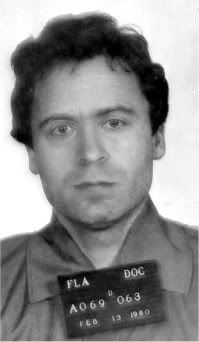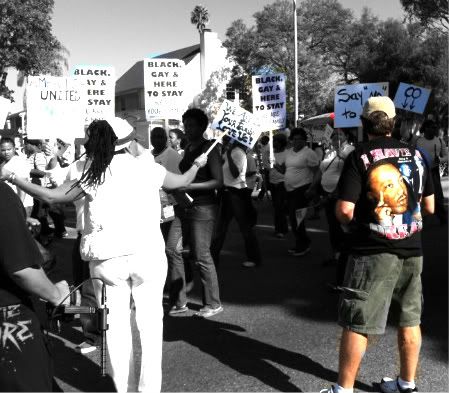Atheist Tuesday: Ted Bundy’s Atheistic Values
Ted Bundy was a notorious serial killer who confessed to murdering over thirty victims, as well as other horrible crimes. Ted Bundy had a philosophy about morality that allowed him to do these horrible things. (Hint: Remove God from the equation.)
victims, as well as other horrible crimes. Ted Bundy had a philosophy about morality that allowed him to do these horrible things. (Hint: Remove God from the equation.)
In his own words, read his twisted moral observations and answer a few questions afterward:
“Then I learned that all moral judgments are ‘value judgments,’ that all value judgments are subjective [it just depends on how you think about them], and that none can be proved to be either ‘right’ or ‘wrong’…
…I discovered that to become truly free, truly unfettered, I had to become truly uninhibited. And I quickly discovered that the greatest obstacle to my freedom, the greatest block and limitation to it, consists in the insupportable “value judgment that I was bound to respect the rights of others. I asked myself, who were these ‘others?’ Other human beings with human rights? Why is it more wrong to kill a human animal than any other animal, a pig or a sheep or a steer? Is your life more to you than a hog’s life to a hog? Why should I be willing to sacrifice my pleasure more for the one than for the other? Surely, you would not, in this age of scientific enlightenment, declare that God or nature has marked some pleasures as ‘moral’ or ‘good’ and others as ‘immoral’ or ‘bad’?



Evangelism Gone Wrong, Part 1: Mistakes Were Made
Those unbelievers out there can be so darn difficult.
They don’t understand the Gospel message—or don’t care; they’ll try to get the evangelist off his game by ridicule, loud shouts of disapproval or verbal abuse; they’ll mock you and the God who made them, sometimes even blaspheming his name. And it’s possible they may even try to get you to stop preaching that message of eternal life by using force.
evangelist off his game by ridicule, loud shouts of disapproval or verbal abuse; they’ll mock you and the God who made them, sometimes even blaspheming his name. And it’s possible they may even try to get you to stop preaching that message of eternal life by using force.
What’s a Christian to do? We’re called to be gracious, gentle, respectful, loving, kind, helpful and prayerful, especially to our enemies. But what happens when things go wrong—desperately wrong—and the witness for Christ is totally blown? And what about those other guys; you know, those who call themselves brothers but don’t represent Christ at all in action and attitude when witnessing about him? What should you do? What about Gospel tracts that don’t tell the full story of the Gospel, are imbalanced, giving a skewed picture of the Savior?
He tells the story about a woman who was heckling him so badly, using filthy language and caustic comments, that he blew it. She asked him a question that went something like this: “I’m a lady, but I don’t agree at all with you about what you are saying about women.”
Ray flippantly responded with, “You may be a woman, Ma’am, but you certainly are no lady…”
He then explained how the “lady” proceeded to beat him up.
Read More